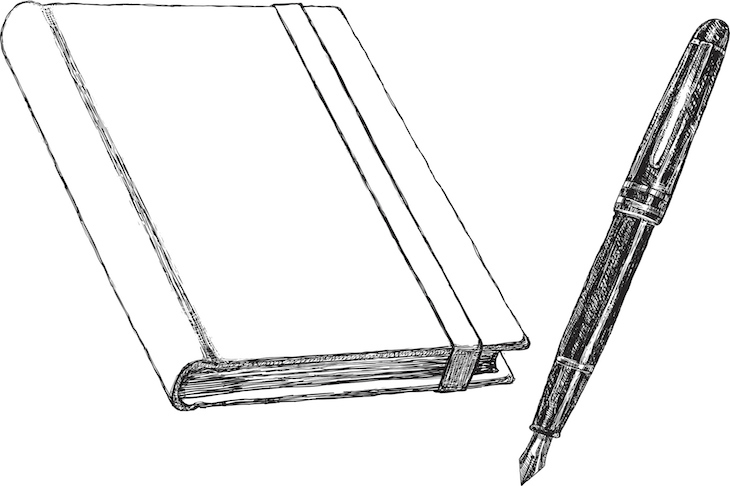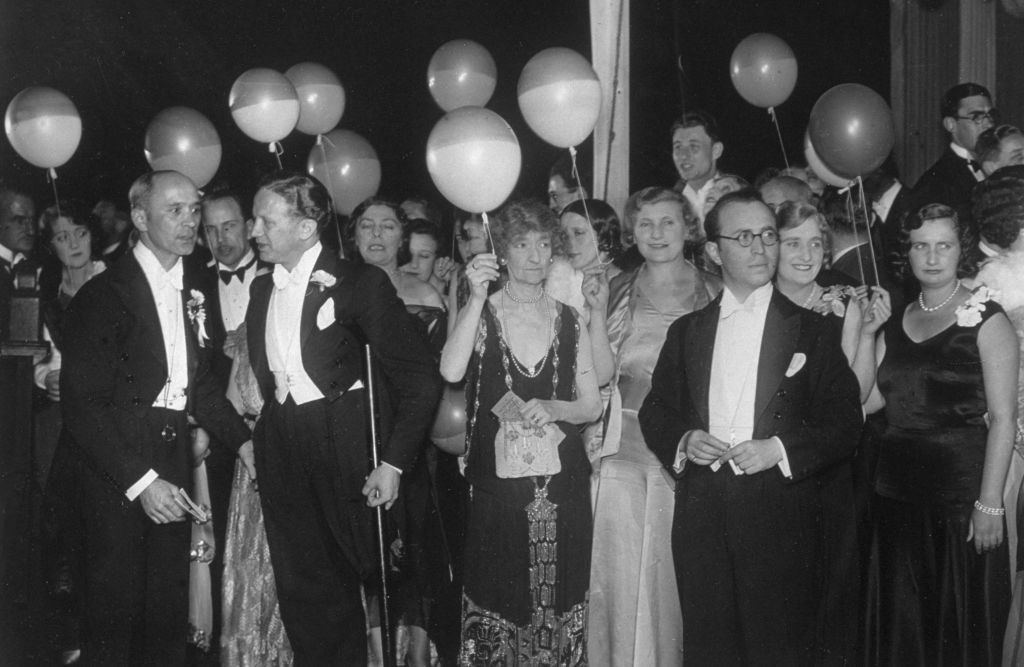Tibor Fischer has a track record with humour. His first novel, the Booker shortlisted Under the Frog, takes its title from a Hungarian saying that the worst possible place to be is ‘under a frog’s arse down a coal mine’. And he also has form with being a bit meta: his third novel, The Collector Collector, was narrated by an earthenware pot. Here he throws his weight behind a character who feels like he’s walked off the set of Brass Eye or Charlie Brooker’s Black Mirror. It’s not entirely clear whether we are supposed to loathe him or sympathise with him. Baxter Stone is a filmmaker whose best days are behind him and who is struggling to stay relevant in an industry that is itself dying.
Baxter is in debt and is plagued by many real and imaginary enemies. His only hope of salvation is a job that will turn into the last hurrah in the form of a commission from his idiotic editor, Johxn (the x is silent). Johxn is so inept that he turns down an interview with Osama bin Laden a month before 9/11. The whole novel is, in a way, a hymn to Baxter’s self-loathing around his dependence on Johxn: he wants the job, the money and the relevance, but he hates himself for wanting it all.
Baxter is redeemed in the reader’s eyes — and in his own — by his genuine love for his friend Herbie, the journalist who got him his first job. He has counted the months since Herbie’s death five years earlier and harbours a secret wish to recover Herbie’s safe which was stolen just after he died. Baxter fantasises that the safe will contain some information or a video that will destroy Johxn. And it’s this hope —as much as the desire to get back on his feet — that sustains him.
If you are sick to death of media, reality TV, London’s losers and capitalism in general, this may well be the book for you. Although I had fun reading it, I wasn’t entirely convinced I had understood it. How to Rule the World has a meandering, self-conscious narrative, and it isn’t always easy to figure out what is really going on and what is happening in Baxter’s mind. You can’t help but wonder if the whole thing is some kind of meta comment on the illusion of fiction. Or something like that. I was conscious throughout of Fischer’s short story collection Don’t Read This Book If You’re Stupid.
There are some wry observations on London life (Baxter hasn’t moved his car in four months because he has the best parking space in Soho). And Baxter’s propensity for telling it like it is feels cheering. (He wonders why anyone would bother becoming a serial killer when they could just join the army and do it all legally.) But overall, what this novel does best is lampoon the desire for recognition. As Herbie puts it: ‘Success? At best, it’s idiots liking your work. Otherwise it’s idiots pretending to like your work.’ This idiot was left amused but also very confused.

























